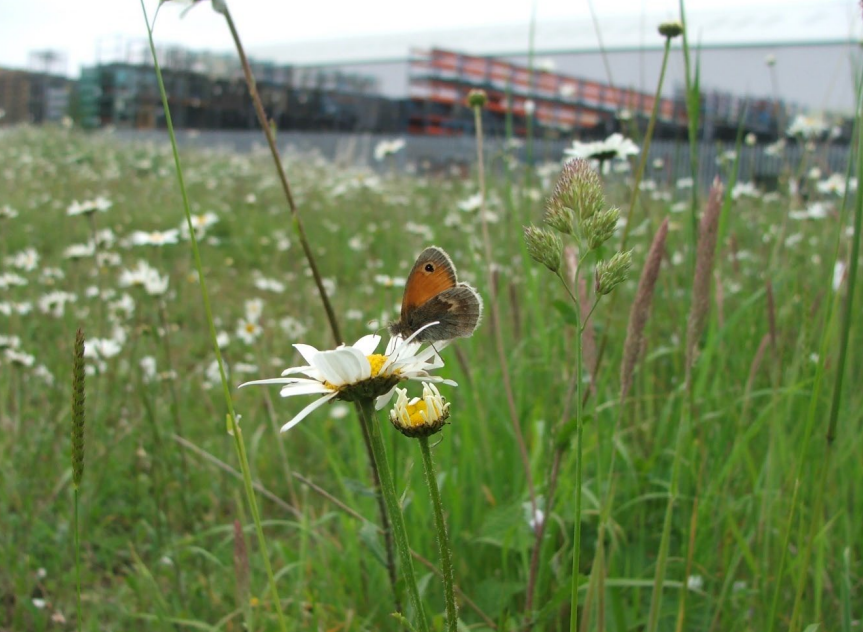Four consultation sessions will take place next month as Durham County Council seeks views on a series of new planning documents.
The new Supplementary Planning Documents (SPDs) provide detailed advice and guidance on specific aspects of the County Durham Plan.
They are:
- The Biodiversity SPD
- The Shopfronts Design Guide SPD
- The Non-Designated Heritage Assets SPD
- The Energy Efficiency, Renewables and Historic Environment SPD
The Biodiversity SPD follows the introduction of a mandatory requirement for the majority of developments in England to achieve a minimum 10 percent net gain in biodiversity.
This means the development must result in there being more, or better quality, natural habitat than there was before development.
“The development of our Biodiversity SPD is one of the key actions in our Ecological Emergency Action Plan, which we drew up following our declaration of an ecological emergency in April 2022.
“It will provide prospective developers with clarity on what biodiversity net gain is all about, along with detailed guidance on how new developments can deliver biodiversity improvements and how developers can build those improvements into their plans.
“It will also set out what we expect to be included and addressed within planning applications and the information developers need to submit at each stage of the planning process.
“We’re very keen to hear people’s views on this and the other SPDs we’re out to consultation on. All views are welcome and will help us as we revise each draft to make the documents as sharp and clear as they can be.”
Michael Kelleher, the council’s head of planning and housing
The Shop Front Design Guide SPD sets out guidance to promote good shopfront design, restoration, and refurbishment, especially for historic buildings and in conservation areas.
It covers areas including signage, use of corporate logos, canopies, lighting, maintenance and security.
The Non-Designated Heritage Asset SPD provides detailed guidance on buildings, monuments, sites, places, areas or landscapes that have enough significance in terms of heritage interest to merit consideration in planning decisions, which do not meet the criteria for designated heritage assets.
It covers the procedure for identifying such assets, how the impact of developments on them is assessed, and the process for nominating or deleting assets.
The Energy Efficiency, Renewables and the Historic Environment SPD sets out guidance around energy generation and opportunities for renewable energy systems.
Its focus is on the historic environment, which takes in listed buildings, non-designated heritage buildings, and properties in conservation areas.
It provides advice on planning requirements alongside detailed guidance on how windows, doors, roofs, walls and floors can be improved.
It also covers renewable energy features such as solar, heat pumps, wind turbines, biomass and electric vehicle charging points.
Online consultation sessions on the Biodiversity SPD will take place from 1pm to 2pm on Monday 1 July and from 5.30pm to 6.30pm on Tuesday 2 July.
Online consultation sessions on the Shopfronts Design Guide SPD, Non-Designated Heritage Assets SPD and Energy Efficiency, Renewables and Historic Environment SPD will take place from 6pm to 8pm on Monday 8 July and from 2pm to 4pm on Wednesday 10 July.
People joining the events can find out more about the SPDs and discuss the contents with council officers.
The consultation period runs until 5pm on Sunday 14 July.
For details of how to register for the online consultation sessions, or to view the documents and respond online, visit www.durham.gov.uk/consultation.















